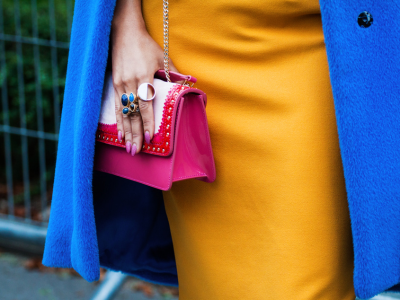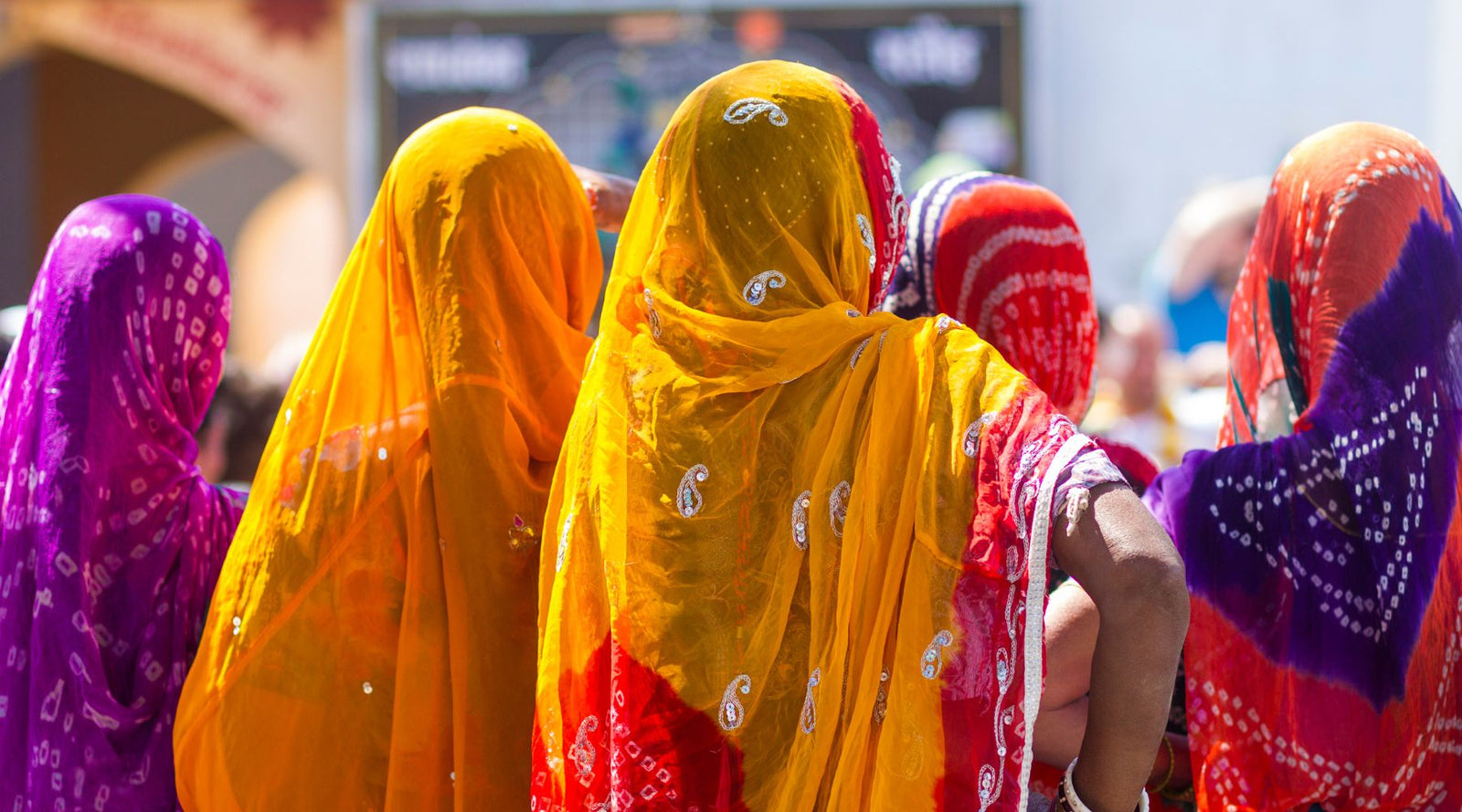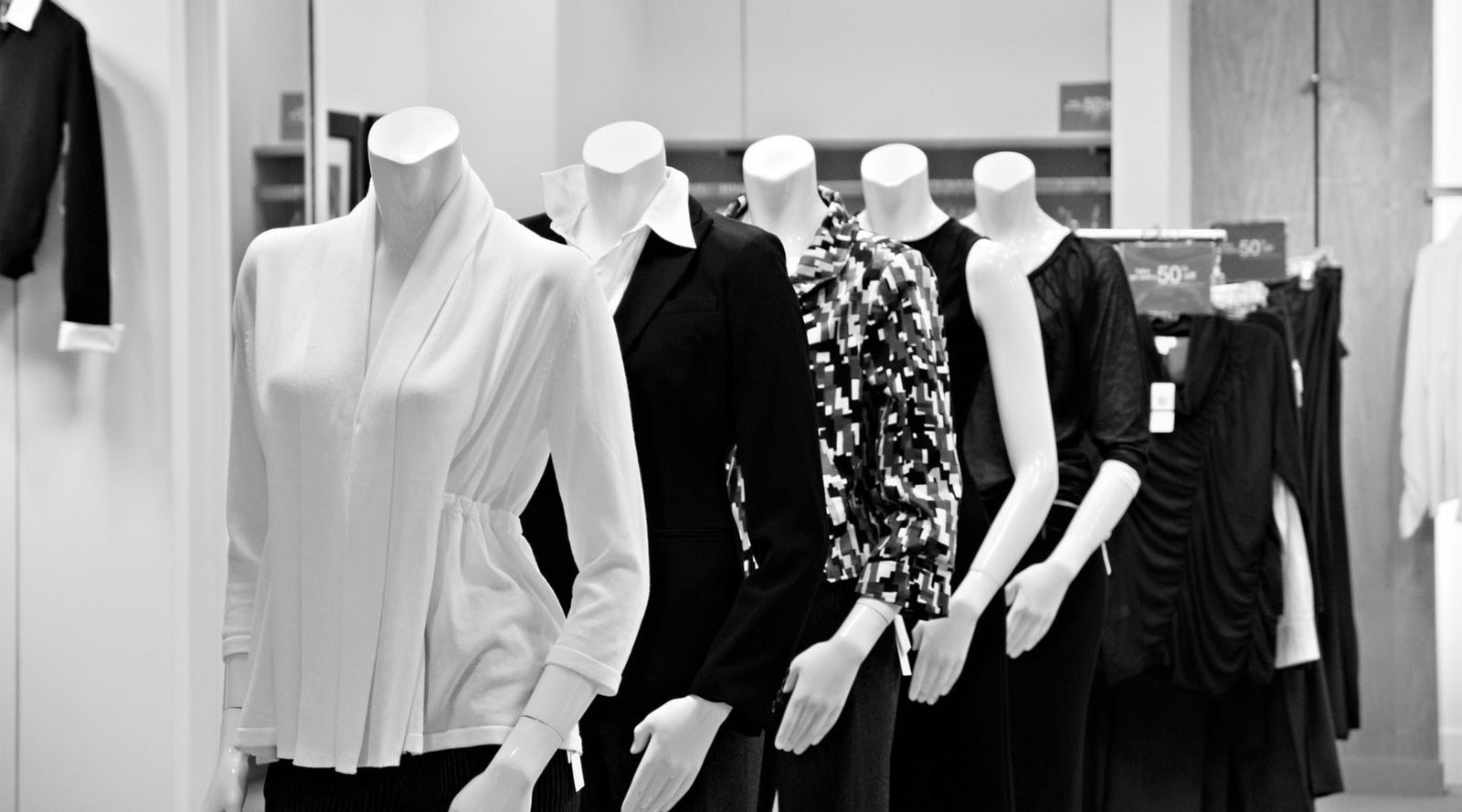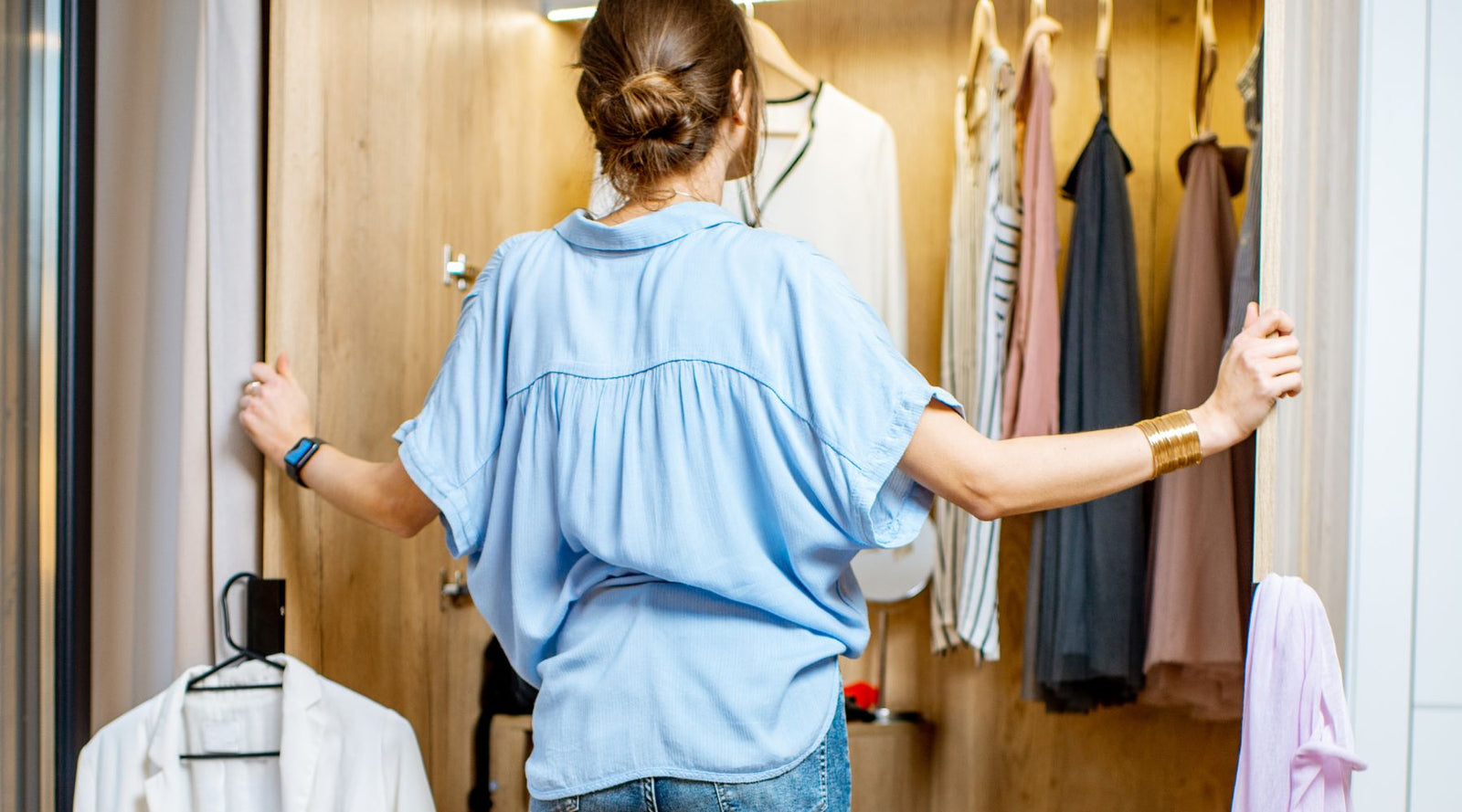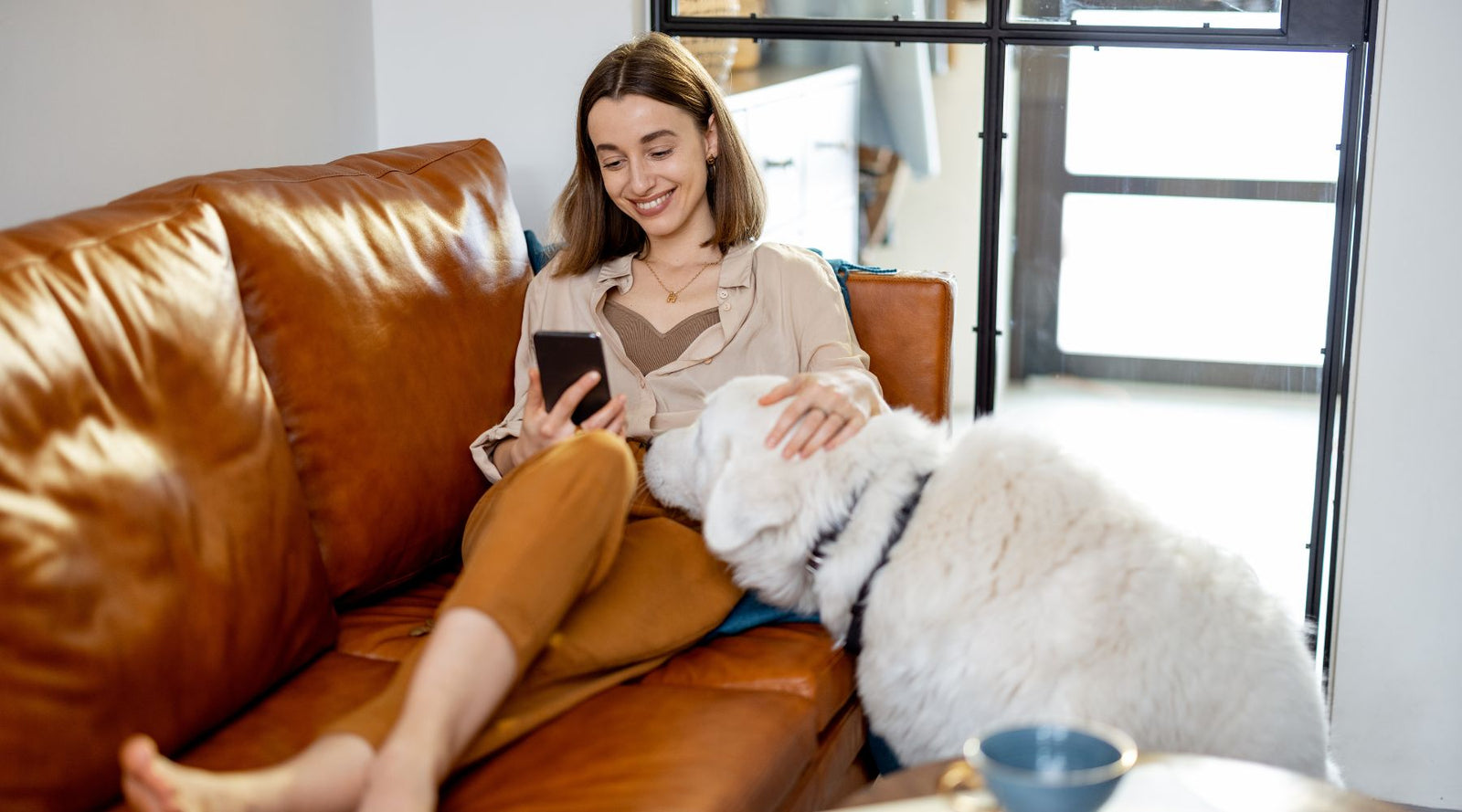11 years ago, the Rana Plaza factory collapse highlighted a very real, very uncomfortable reality to the world. Our fashion production system is broken.
Whilst in the years since there has been considerable effort by the global community to address this, there is work to be done.
The environmental and human rights issues within the fashion industry are well documented, but the solutions are not always clear cut. This is something I learned in 2019 when I visited Bangladesh.
Originally, I wanted to set up a not-for-profit to solve the many issues facing female garment workers. Motivated and naive, I traveled to Bangladesh to meet these women, hear their stories and try to understand where I could help.
The experience was humbling. Now ever more aware of the urgent need for change, I found myself confounded by the sheer complexity of the issues these women faced.
When one solution was implemented, another problem popped up.
Women were being mugged of their pay on the way home from work, so a cashless system was put in place Safe from being robbed outside, women told me of how they were made to withdraw those funds once their husbands saw the text notification that they had been paid.
After a week of immersing myself in the lives of many beautiful Bangladeshi women, I boarded my plane back to Melbourne. The privilege of being able to return to my family, in a relatively safe country, with money to call my own was not lost on me.
I realised that as passionate as I was about making change, I was going about it wrong. A foundation solely focused on improving the lives of garment workers would require much more local knowledge than I had, and would limit me to one region only.
My tunnel vision had seen me focus on just one part of the supply chain, the start. But women are involved right across the clothing supply chain, from the makers to the sellers to the wearers. How could I touch more people?
Step one was coming up with a business model to fund this work. Enter Reluv, a for-profit online clothing resale business that promotes circular fashion, diverts clothing from landfill and encourages conscious shopping.
Using the revenue from Reluv I could connect with multiple grassroots organisations in developing countries and help fund their important work. More than that, I could use clothing as a vehicle for change, making our customers integral in the social responsibility piece of our business.
Starting a clothing business was incredibly daunting for me. I am a jeans and t-shirt kind of girl and have never been a huge shopper. Questioning myself and my fashion prowess, I took one shaky step, then another.
For the first few years, my house was much more warehouse than home and orders were packed on the kitchen table. Slowly, we’ve grown to have a team, a proper warehouse and a roster of incredible organisations we work with to create that positive impact wherever we can.
Sitting on that plane ride home from Bangladesh, I thought my well intentioned efforts were wasted.
Today, I am incredibly proud of what we have built, because I know that we are making a difference.
Most of all, I am grateful to our incredibly loyal customers, some of whom have stuck with us through the awful first website and the poorly lit Instagram reels of the early days. Thank you for helping us grow, spreading the message about what we do and helping us help women right across the supply chain.
Change starts here. And we’re only just beginning.

